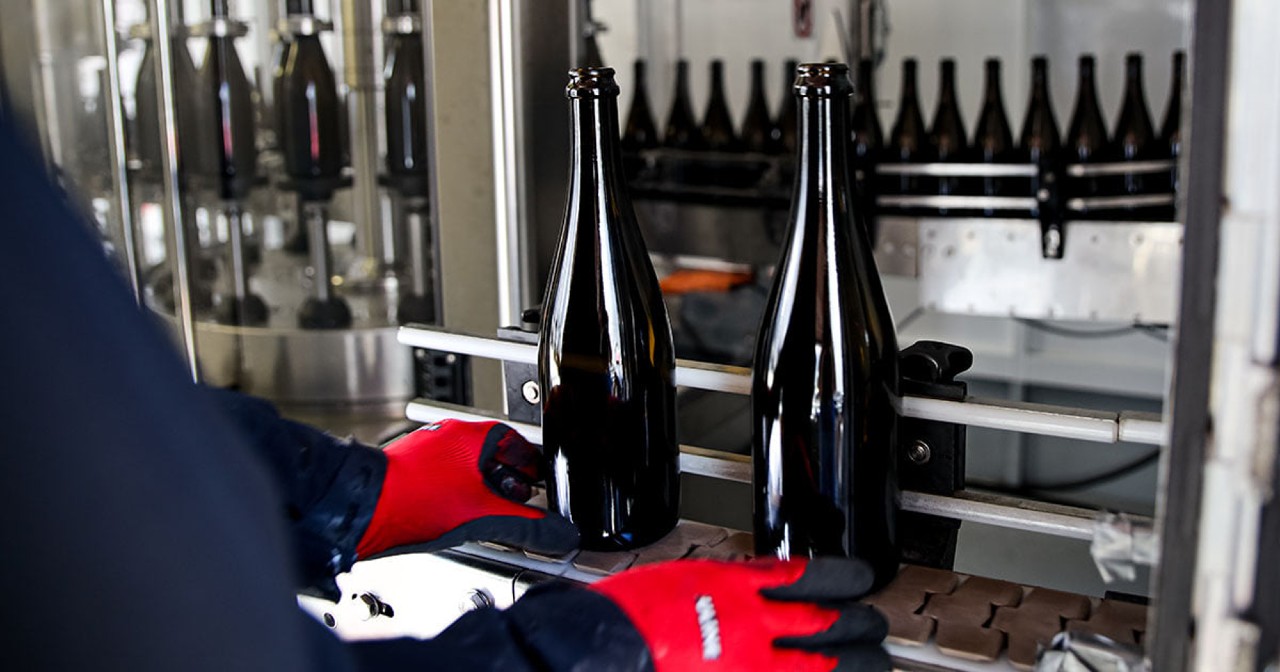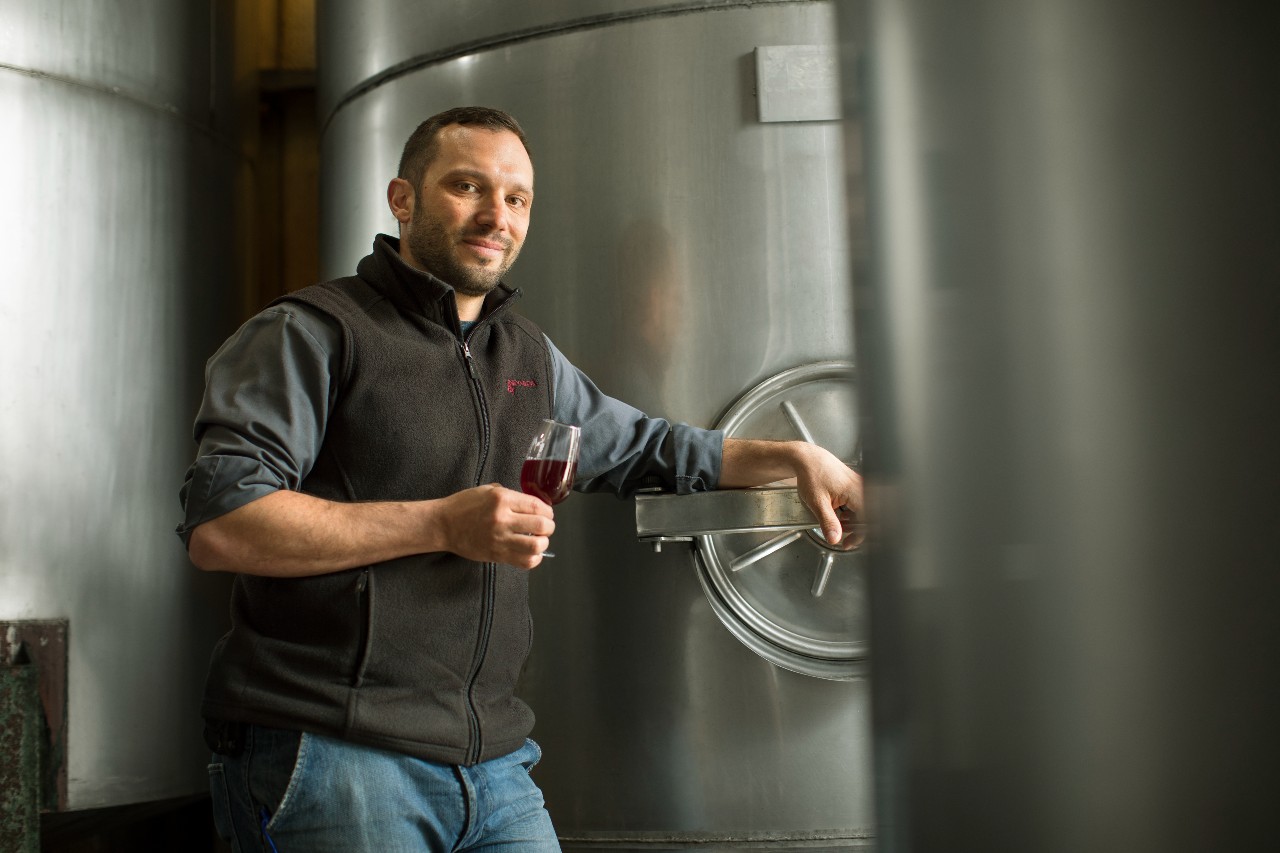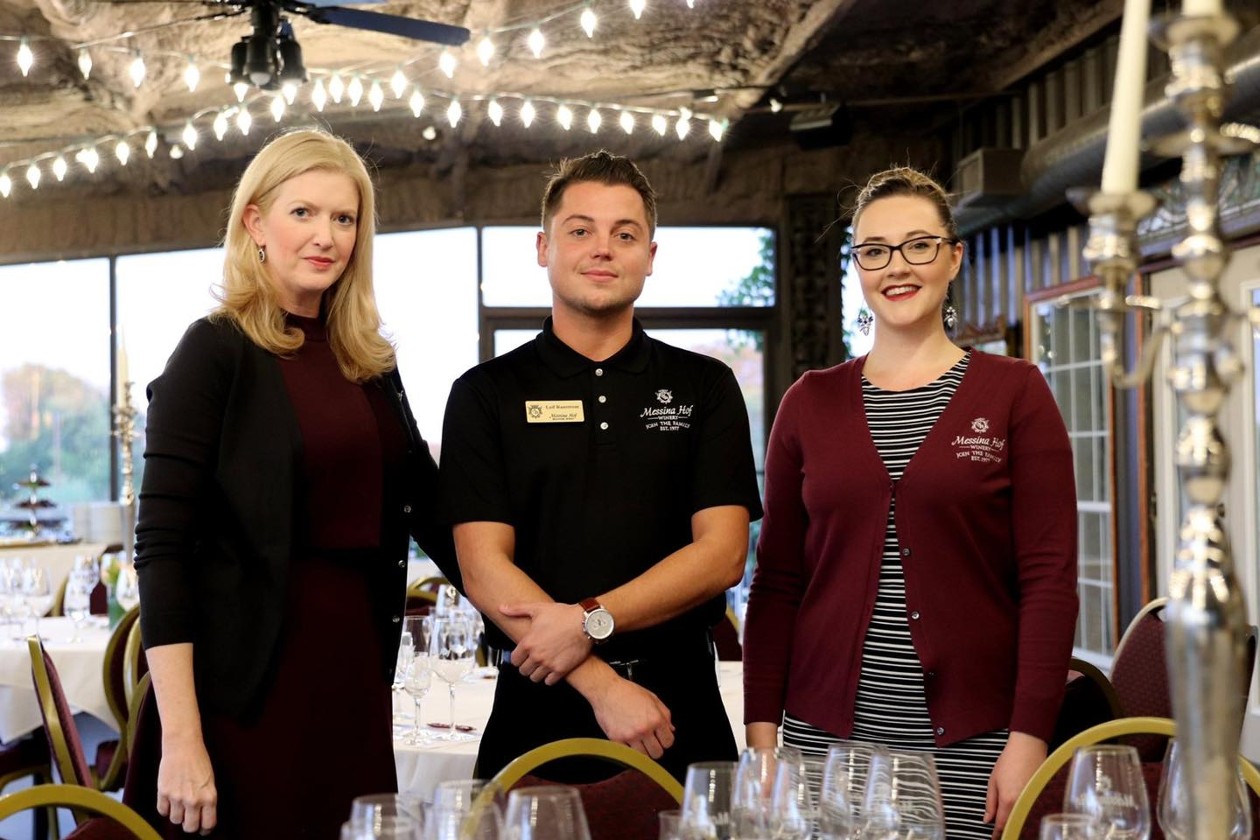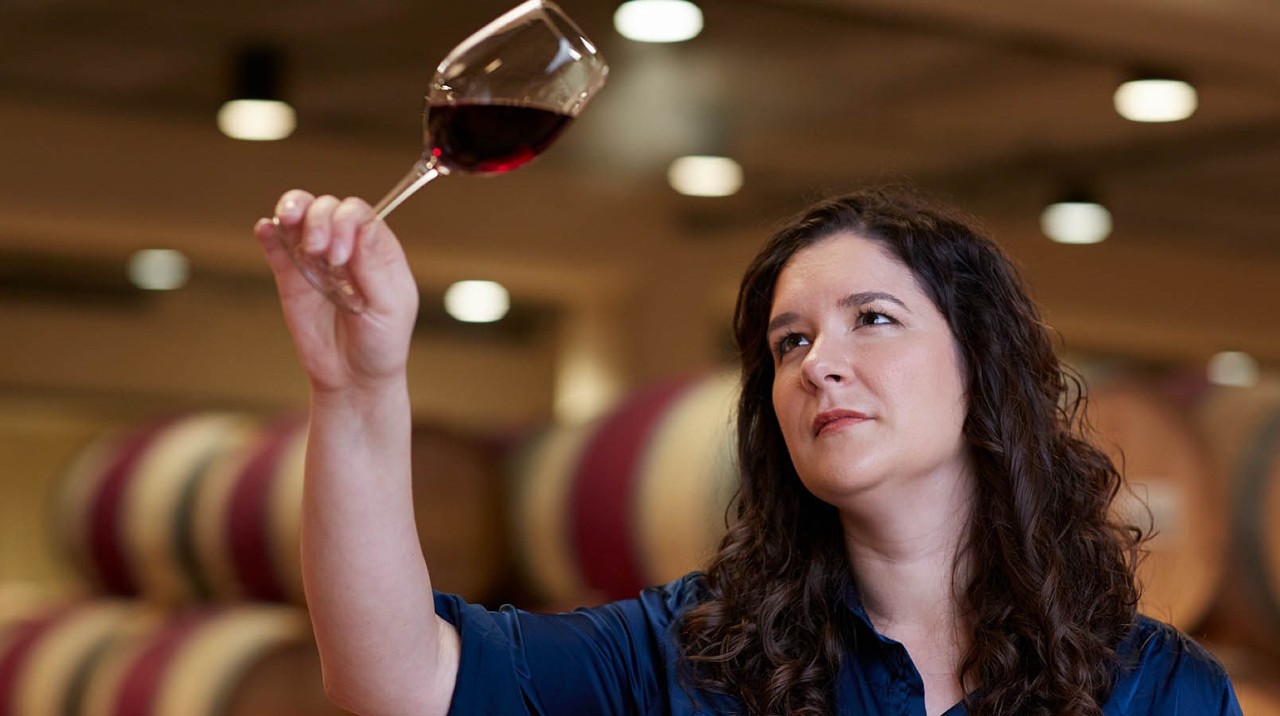April is Earth Month and many wineries are highlighting the moves they’ve made with environmental stewardship in mind.
Saving the world is important, but how does it affect a company’s bottom line?
Dr. Mark Falinski of Finch, a company that aims to help simplify sustainability, said environmentally friendly choices end up being cost effective in the long run.
“The biggest thing worth noting is that sustainability is actually not more expensive than being unsustainable,” Falinski said. “In the short term, perhaps that is the case, but if a longer-term view is taken and the total costs are all considered, sustainability wins out a lot of the time.
“In the wine industry, let’s first think about renewable energy. The installation of solar panels come with a daunting upfront cost, making them seem like the less financially viable solution. However, if you look across the entire life of the solar panel — not even including the savings on human health from fewer burned fossil fuels — it becomes the cheaper option.
“Solar panels, for example, pay themselves off within 5-10 years in most cases, and after that time, a winery would essentially be running on free energy. That is a sustainable option that is actually cheaper.”
Falinski said only 30% of glass bottles are recycled and packaging is among the largest contributors to greenhouse gas emissions in the wine sector.
“Switching to cans or bag-in-box is not only better for the climate and lowers waste production, but both options are also cheaper than heavy glass bottles, and the switch also allows for fewer trucks per shipment, lowering transportation costs,” he explained.
Falinsky said it’s a myth that switching to fewer hazardous chemicals or seeking climate friendly solutions result in less functional performance.
“That has been thoroughly debunked,” he said. “For example, switching to organic grapes for wines not only lowers carbon footprint, and lessens the risk of pesticides, but they are nearly indistinguishable from conventionally grown grape wines.”
Falinski also suggested wineries could help with educating their customers about sustainability.
“There is a known mental phenomenon, where people associate heavier bottles of wine with improved quality. However, this is a mental trick, and the result of good marketing,” he explained. “Moving people away from the stigma that light bottles or cans are lower quality is not an issue with ‘sustainability,’ but is instead an issue with marketing. Educating the consumers here becomes the most important thing.”








Be the first to comment